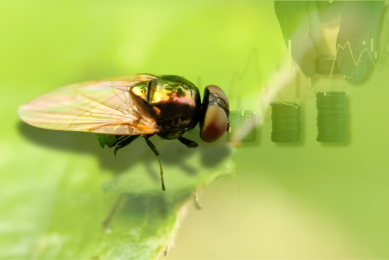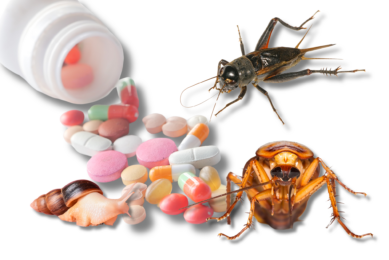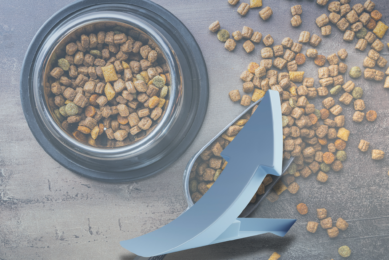Research: Feeding files camelina oil for a more nutritious larvae
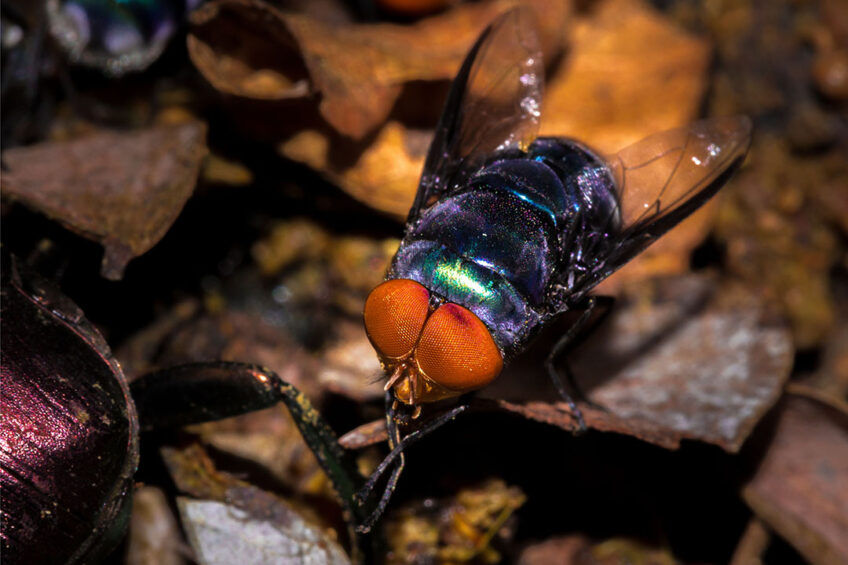
A group of Russian scientists from the Siberian Federal University have been growing flies on a feed based on camelina oil to obtain larvae rich in polyunsaturated fatty acids. The preliminary results of their study showed that this approach could help make aquafeed more nutritious.
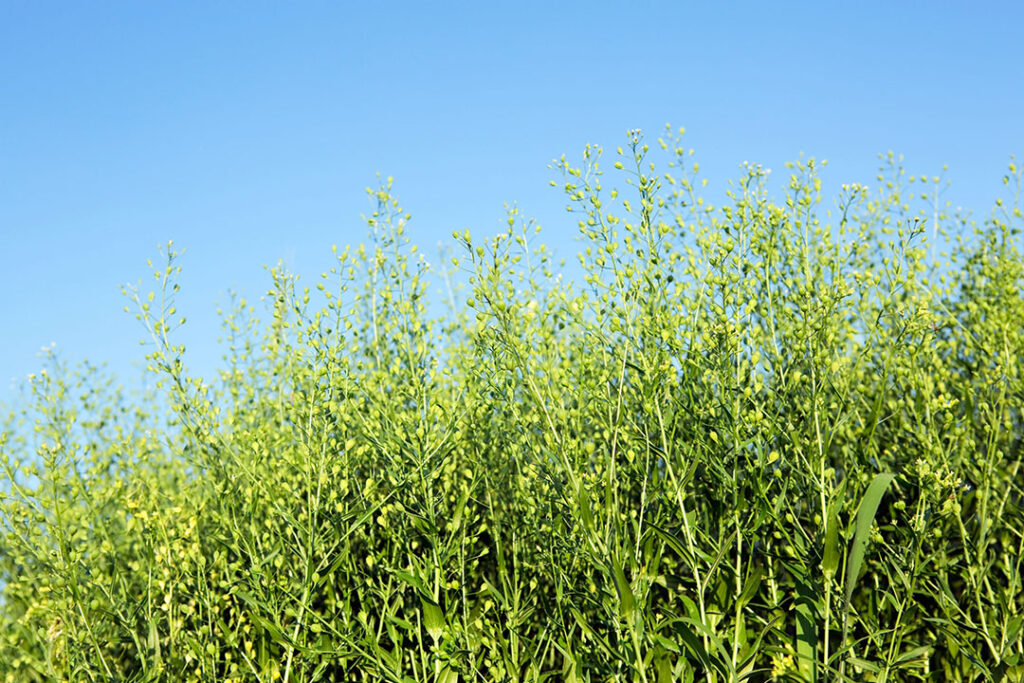
The global insect-for-feed industry has been seen expanding in the past few years. However, only a few studies so far have evaluated how various changes in insect diets could change their nutritional value.
Fatty acids content
The researchers explained that omega-3 polyunsaturated fatty acids (PUFAs), in particular, docosahexaenoic and eicosapentaenoic acids, are the most important components of the fish diet. The scientists studied the composition and content of fatty acids in the larvae of the green blowfly Lucilia sericata grown on a standard feed from poultry waste and fed with the addition of camelina oil rich in alpha-linolenic acid.
Fly larvae grown on standard feed were found to have a significantly lower content of polyunsaturated fatty acids compared to insects fed with camelina oil. The proposed technology made the larvae rich in alpha-linolenic acid, a precursor to long-chain omega-3 PUFAs, from which some animals, including freshwater fish, can synthesize beneficial fatty acids. In addition, the content of other fatty acids was also on the rise.
Much-needed protein
Olesya Makhutova, one of the leading researchers, noted that insects are expected to enjoy a growing popularity as a source of protein for global aquaculture in the coming years. “Insect larvae can be grown all year round and require less land and water than other protein and lipid supplements,” she said.
In the past several years, Russian fish aquaculture largely depended on imported aquafeed. However, sweeping Western sanctions have narrowed supplies this year. Mikhail Gladyshev, one of the authors of the study, expressed hopes that the new technology could help Russian fish farmers mitigate import dependence in this field.
“The production of aquafeed is a matter of industrial safety, where until recently, we have been heavily dependent on imports. Since the quality of feed directly affects the value of aquacultural products, such technologies can be classified as critical for public health,” he said. “This study is one of the stages of research work aimed at ensuring our [Russian] food security.”
So far, there is no information as to when the technology could find its commercial application. A few companies produce insects in Russia, but there were no reports about their use in aquaculture.




